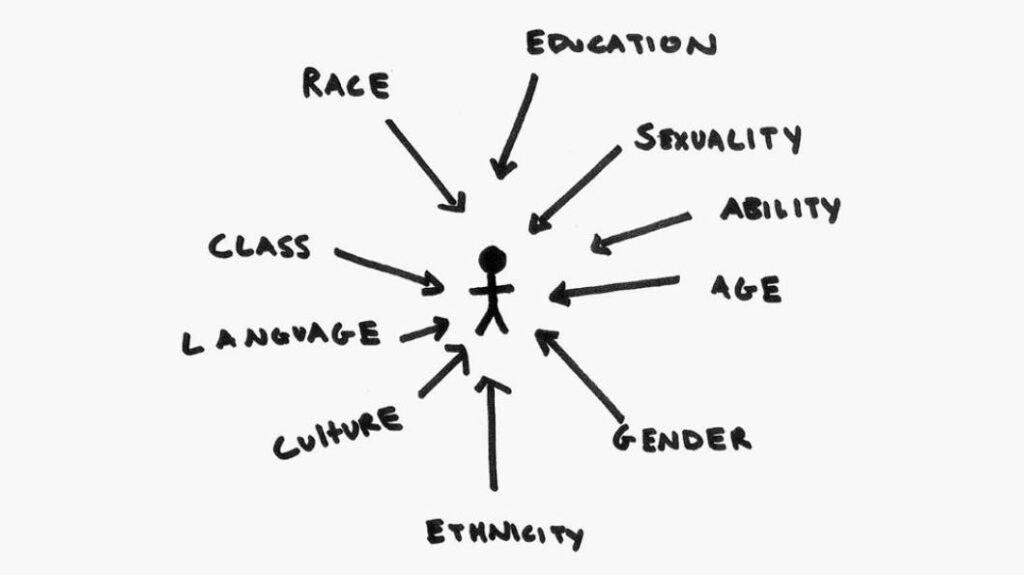
Intersectionality is a term that I came across quite recently and totally by chance as part of my present studies on Social Anthropology and my commitment to ensure educational equity and social justice in my English language classroom. It is a term coined by Kimberle Crenshaw (1989) which refers to the interaction between race and sex (especially to black women) and which was extended by Patricia Hills Collins (2019) to include gender and social status.
There is no doubt that the educational framework of inclusion which has been widely implemented in schools in the past few years is a familiar concept to most. However, it is also a widely debated issue since national standards are different and its definition varies from country to country. Therefore, not in all contexts does inclusive education mean the equal participation of all students in the education system (UNESCO 2005). In Greece, for example, inclusive education is perceived as concerning mainly children with learning disabilities, children with ADHD syndrome or children with autism spectrum disorder, who attend regular classes but are also pulled out from class by the special education teacher for additional help. Inclusive education, when defined and implemented appropriately, is not limited to children with SEN but should also include other target groups such as linguistic, religious and ethnic minorities, refugee children, children affected by poverty, etc.
This enlarged focus on all children is important as is also the realization that students do not come to school with a unique solid identity but have a lot of different identities and group memberships with which they identify and through which they understand the world around them. Let us consider the different identities each person carries regarding their profession, gender, sexual orientation, religion, ethnicity, race, social status, educational background and so much more. All these identities determine how everyday life is experienced and they are inextricably linked to the exertion of power and the privileges that people are afforded or not.

Figure 1: Our different identities
Let us also consider students that belong to non-dominant groups and communities, how they are marginalized and how they have to deal with multiple systems of oppression. A child with SEN can be found to have another identity marker (racial minority, low-income family) that may marginalize him/her even further than their disability. These “simultaneous intersections” (García and Ortiz 2013) between language, gender, ethnicity, class, race, (dis)ability have to be identified and taken into consideration when teachers plan their lessons and design materials.

Figure 2: The intersection onion (https://link.springer.com/article/10.1007/s11125-020-09461-6/figures/1)
Consequently, what is really being suggested here is that the theory of intersectionality should run through lessons and materials especially in English language classes. which are, generally speaking, very open-minded, acceptive of difference and innovative by nature. This theory needs equity-oriented teachers who are ready to make a step forward and go beyond creating supportive and inclusive environments, while being ready to re-examine and adjust practices to honour and include the multiple identities of their students.
Thus, experiential learning and activities that promote reflection are very important for students to realize their different identities and their effect on the different aspects of their life including their school life. The following activity, for example, can be used with secondary education students with a dual aim: self-reflection and realization from the part of the students and a deeper understanding the teachers can have of their own students.
Experiential activity: The star of privileges

Figure 3: The star of privileges
Steps to follow
Draw a star with the axes as shown in figure 3
Draw a dot on each axe. This dot represents our experience regarding the specific identity: the closer we are to the centre the more discrimination we have experienced, the closer we are to the edge the less discrimination we have experienced (Figure 4).

Figure 4: The dots on the different axes
Connect the dots (Figure 5)

Figure 5: Connecting the dots
Colour the space between: this is the space of our privileges (figure 6)

Figure 6: The space of our privileges
It is important to point out that this is a totally personal exercise based on our own experiences, there is no right or wrong answer and it is not necessary to show our answers to the rest of the class.
Possible follow-up questions:
How did this activity make you feel?
Which axes hadn’t you thought of before?
What do you think when you see other students’ stars with larger or smaller spaces of privileges?
The knowledge gathered from the above activity is precious material when designing lessons and implementing practices. It will give us the guidelines to include the points of view, experiences, voices and perspectives that are often underrepresented in curricula and this is a first step for educational equity.
To conclude, it is important to encourage teachers to reflect on the theory of intersectionality and its application in the English language classroom. making more accountable decisions for the students, offering them the inclusive, equitable education they deserve can help us make a difference.
REFERENCES
- Bešić, E. (2020) Intersectionality: A pathway towards inclusive education?. Prospects 49, 111–122. Available at: https://doi.org/10.1007/s11125-020-09461-6 (Accessed: 10 March 2021)
- Skeleton, S. (n.d.). Understanding intersectionality is critical to advancing educational equity for all. Swift education center. Available at : https://swiftschools.org/talk/understanding-intersectionality-critical-advancing-educational-equity-all (Accessed: 10 March 2021)
- TED (2016). Kimberle Crenshaw: The urgency of intersectionality. Available at: https://www.ted.com/talks/kimberle_crenshaw_the_urgency_of_intersectionality (Accessed: 20 March 2021)
- Service Civil international (2019). Free to be you and me. Available at: https://sci.ngo/resource/free-to-be-you-and-me/
About Despina Evgeni

Despina Evgeni holds a M.Ed in teaching English as an international language from EAP (Hellenic Open University) and she is currently studying Social Anthropology in Panteion University, Athens, Greece. She has 28 years’ experience teaching English at elementary and secondary public schools as well as private language institutions. Her main interest is making her classrooms a place where all students can thrive.
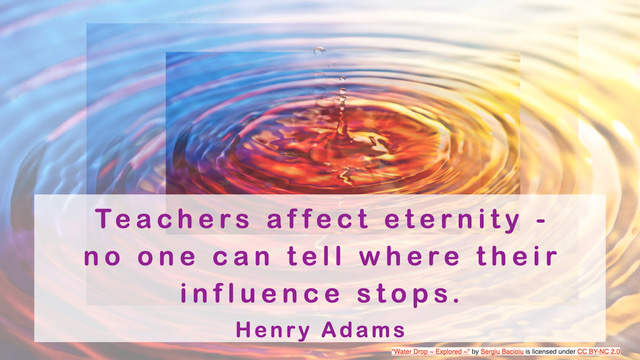


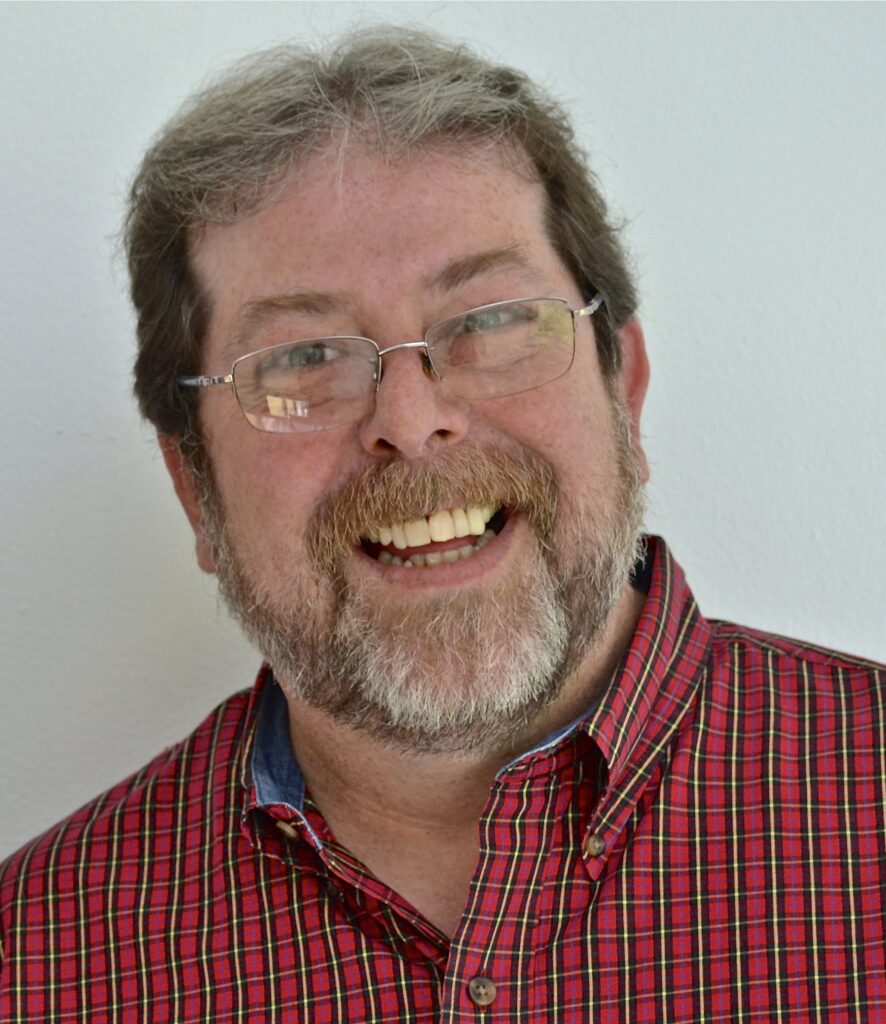
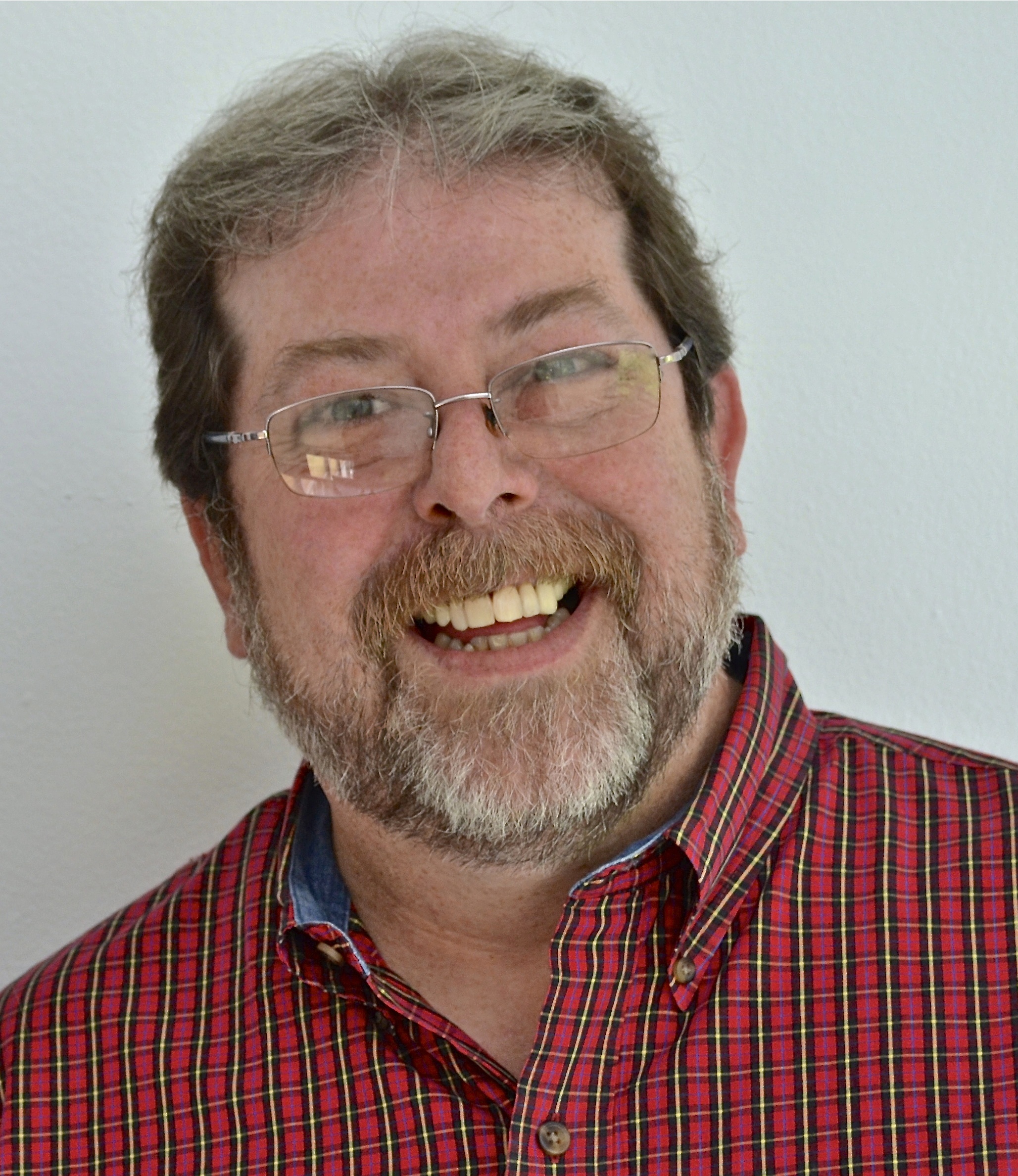
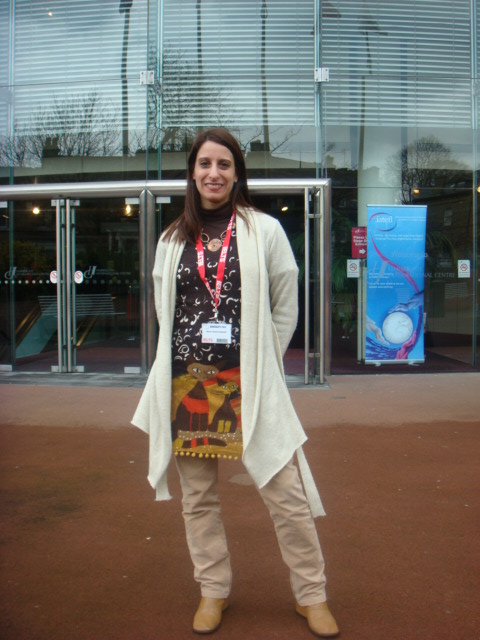








 Rakesh Bhanot started teaching English in Spain in 1972, and since then he has been involved in various aspects of ELT (trainer, examiner, author, journal editor, inspector, book reviewer et al) in many parts of the world. He is the Founder Editor of Language Issues – the journal of the National Association for the Teaching of English and other Community Languages to Adults (NATECLA) in the UK. Rakesh likes cooking and writing poetry. During the Covid lockdown period, he has collaborated with several musicians to turn his poems into songs. The CD Blue Leaves is a collaboration with the Scottish singer, Pauline Vallance.
Rakesh Bhanot started teaching English in Spain in 1972, and since then he has been involved in various aspects of ELT (trainer, examiner, author, journal editor, inspector, book reviewer et al) in many parts of the world. He is the Founder Editor of Language Issues – the journal of the National Association for the Teaching of English and other Community Languages to Adults (NATECLA) in the UK. Rakesh likes cooking and writing poetry. During the Covid lockdown period, he has collaborated with several musicians to turn his poems into songs. The CD Blue Leaves is a collaboration with the Scottish singer, Pauline Vallance.